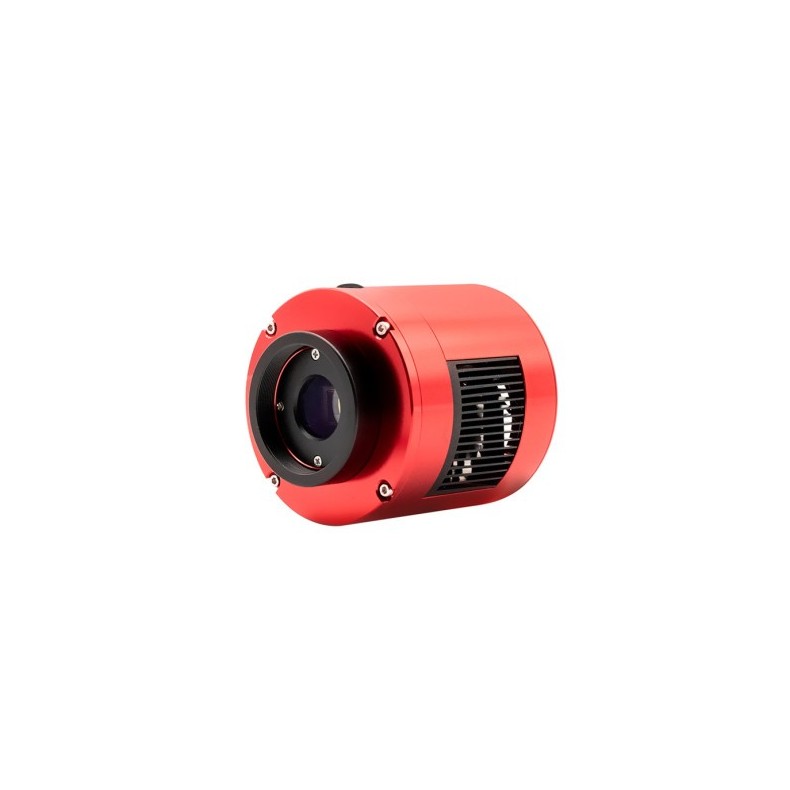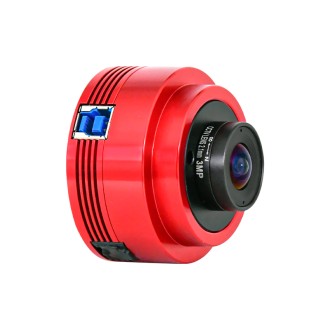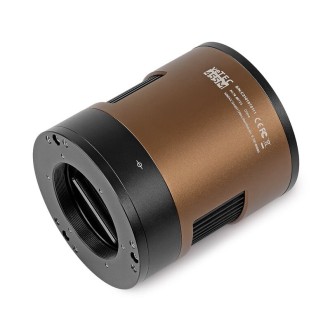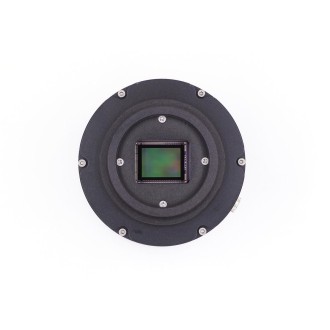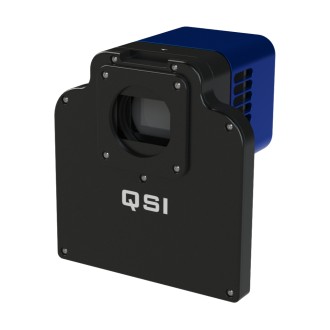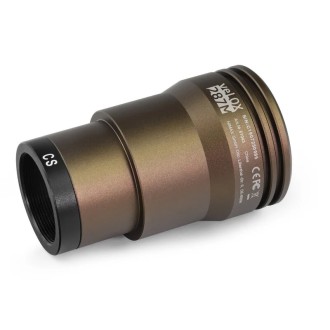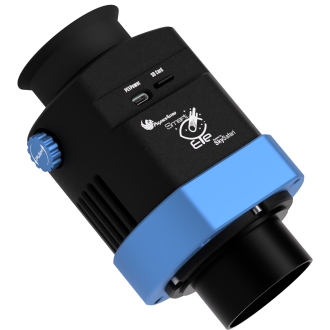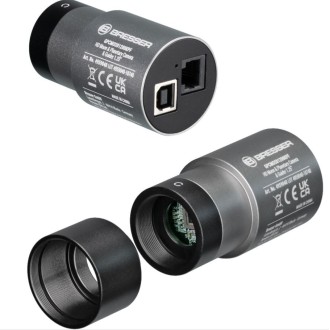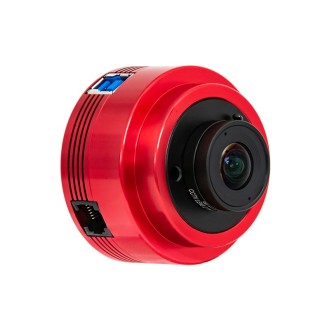Deliver it 19/26 days

ZWO ASI991MM Pro Monochrome Camera
ASI991MM Pro adopts a 1/4" Sony-IMX991 InGaAs sensor, with a broadband from 0.4µm to 1.7µm, it is the first and most powerful SWIR camera from ZWO. The camera has a large full-well capability, high sensitivity with an incredible 80% peak QE value at 1200 nm, and a large pixel size of 5µm.
| Carrier | Description | Estimated Delivery | ||
|---|---|---|---|---|
 |
Home delivery - International | Home delivery - International |
Monday, 12 May - Monday, 19 May |
|

Home delivery - International
Home delivery - International
Estimated delivery:
Monday, 12 May - Monday, 19 May
Its high performance in capturing shortwave infrared light makes it applicable for SWIR imaging, photometric measurement, optical communication, laser and optical laboratory and more fields.

ASI991MM Pro can capture high definition images. The wideband (0.4-1.7µm) raises the camera's sensitivity to a higher level, allowing you to capture beautiful night skies with thin clouds and photograph stars even during the day.
Traditional CMOS sensors produce a weak infrared light source during operation, which is often seen in the corners of uncalibrated images. This is the telltale sign of "amp glow". Since the ASI991MM Pro uses an amp glow-free circuit, you won't have to worry about amp glow even when using high-gain, long-exposure images.
 Note that this function is built into the hardware, so there is no need to activate it by software.
Note that this function is built into the hardware, so there is no need to activate it by software.
Read noise
Read noise is generated in the on-chip amplifier that converts the stored charge of each photodiode (i.e. pixel) into an analog voltage for quantization by A/D conversion.
The lower the read noise, the better the SNR of the image we obtain. Compared to traditional CCD SWIR cameras, the ASI991MM Pro keeps its readout noise at a very low level.

The quantum efficiency (QE) curve and the read noise are two of the most important elements to measure the performance of a camera. According to our calculations, the ASI991's maximum QE value is over 80% at 1200 nm.

The two-stage TEC cooling system can precisely control the sensor temperature and reduce it to 30-35 degrees Celsius below ambient temperature.
It is recommended to use the camera at low temperatures for best imaging performance.
The Delta T 30ºC-35ºC has been tested at an ambient temperature of 30ºC. It may drop when the cooling system is running for a long time. In addition, as the ambient temperature drops, the Delta T would also decrease.

Technical details of the camera
- IMX991 sensor
- 1/4″ 3.3*2.6 mm
- Resolution 656*520
- ADC 12bit
- Read noise 21.27e
- Cooling Tempe 35℃
- 256MB DDR3 buffer memory
- USB 3.0
- FPS 144
- Full well 127000e
- QE 80%
- Pixel size 5µm




